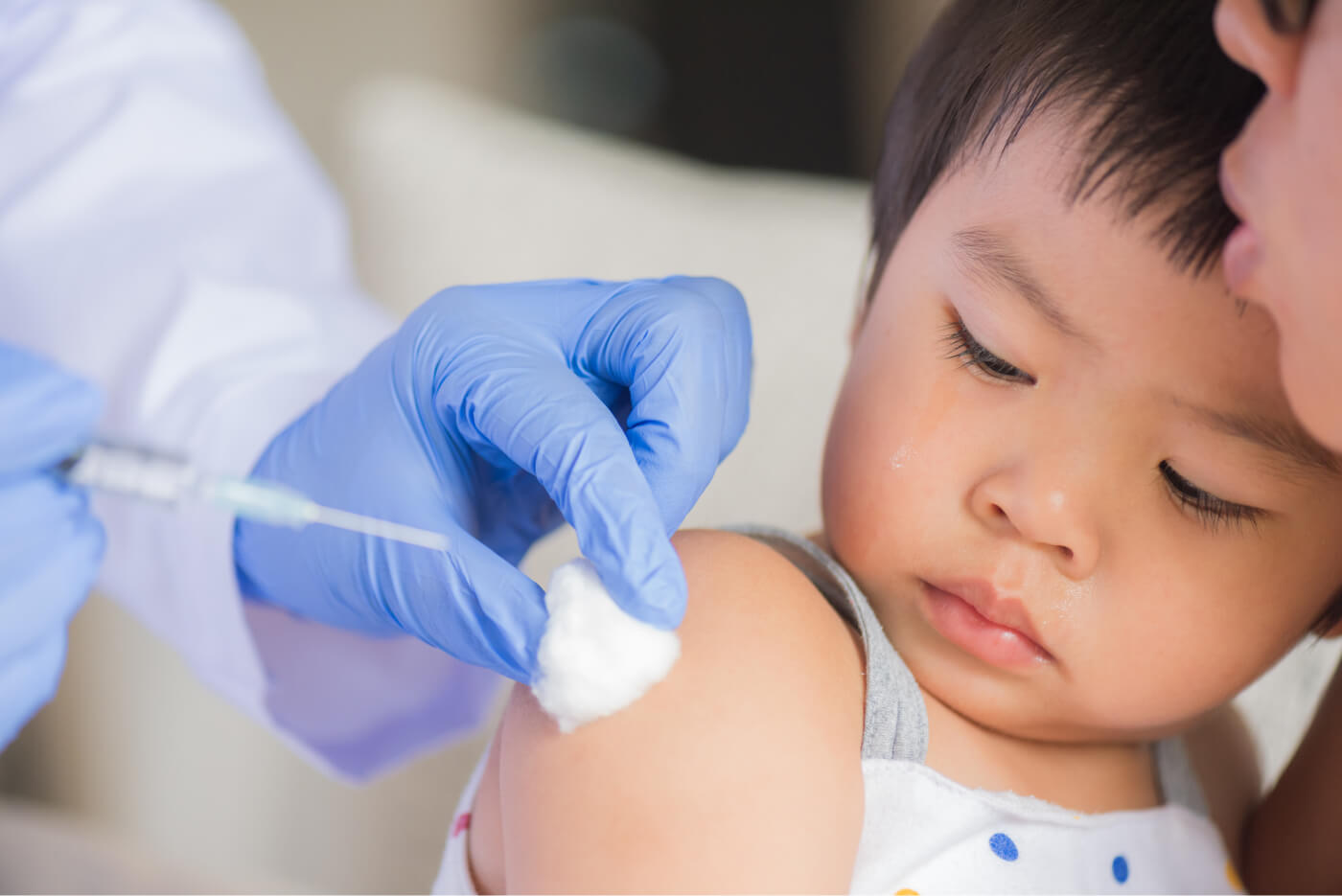Positive relationships, bullying prevention and early support needed for young people’s mental wellbeing

June 13, 2023
Research published today by Growing Up in New Zealand shows the importance of strong positive relationships for young people’s mental health and the negative impact of bullying. It also showed that depression symptoms at age 8 were associated with worse symptoms at age 12, leading researchers to call for early support for children.
The findings are based on information from around 4,400 young people from the Growing Up in New Zealand longitudinal study and are part of the “Now We Are Twelve” report. The research looked at young people’s experiences of depression and anxiety symptoms over childhood and factors associated with these symptoms at twelve years old.
According to Dr Benjamin Fletcher, lead author of the report, the research is useful for understanding what could help young people’s well-being. For example, the research showed strong positive relationships with parents and friends were both associated with lower depression and anxiety in twelve-year-olds. On the other hand, bullying had a negative effect on mental health. Dr Fletcher said that because Growing Up in New Zealand has been following the lives of children since before birth, it has been possible to determine factors associated with mental health outcomes throughout life.
“On average, children who experienced depression or anxiety symptoms at eight years old reported even worse symptoms at twelve years old. Providing support from an early age is really important and may promote mental wellbeing into adulthood.”
“Young people with strong supportive relationships had better mental health outcomes, whereas those experiencing bullying had worse outcomes. Nurturing relationships and fostering a sense of belonging is important for young people’s well-being.”
The researchers found some twelve-year-olds were more likely to experience depression symptoms than others. These included transgender and non-binary young people, those living in the most socioeconomically deprived neighbourhoods, and rangatahi Māori.
According to Dr John Fenaughty, Senior Lecturer at the University of Auckland, “While many young people are doing well, some groups of young people face extra stressors that can make life difficult for some of them. For this reason, it's vital that schools, homes and our communities are free from discrimination and are a positive place for young people of all genders and ethnicities.”
Professor Karen Waldie, an author and developmental neuropsychologist at the University of Auckland, stated that “We hope this research will be used to inform public health programmes and policies. For example, an increase in mental health initiatives in schools, better access to and choice of mental health services, and acknowledging the multiple sources of social support. We also encourage anyone who may be experiencing symptoms of depression or anxiety to seek help”.
If you think you, or someone you know, may be experiencing poor mental health, there are several free tools or services that can help. See the Ministry of Health website for a list of resources or click below for information or support:
- From a trained counsellor (or text or call 1737)
- Well-being support
- Support for rangatahi for hauora, identity, culture, and mental health
- Healthcare providers near you
- LGBTIQ+
- Depression
- Anxiety
ENDS
Julia Crosfield
Media and Communications, Growing Up in New Zealand
Julia.Crosfield@auckland.ac.nz
027 282 4896
Saraid Black
Communications Manager, Growing Up in New Zealand
Saraid.black@auckland.ac.nz
09 923 7390 or 0274 732 211
Note for editors
- See the research, “Young people’s experience of depression and anxiety symptoms” here: https://www.growingup.co.nz/growing-up-report/young-peoples-experiences-of-depression-and-anxiety-symptoms
- This research is part of the “Now We Are Twelve” snapshot series looking at the development and well-being of twelve-year olds in New Zealand.
- The series is being published between April and June 2023 and covers the following topics: ethnic and gender identity (published 05/04/23); material hardship (published 05/04/23); food insecurity (published 01/05/23); housing and homelessness (published 01/05/23); COVID-19 pandemic (published today); experiences of anxiety and depression (published today); school engagement; impact of disability; and relationships.
- See the “Now We Are Twelve” snapshot series here: https://growingup.co.nz/now-we-are-twelve
%201.svg)


.jpg)
